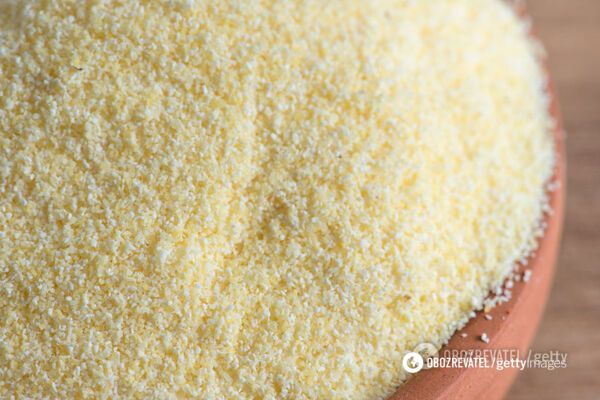LS Food
Cooking porridge correctly: a nutritionist reveals the secret of working with cereals
Before cooking, all cereals should be pre-washed and soaked, after which the water should be drained and the cereal cooked in clean water.
This is due to the fact that cereals contain phytic acid, which binds the minerals contained in the product and thereby reduces their absorption. Nutritionist and consultant Olena Yudina wrote about this in her blog on Facebook.
"Phytic acid is an antinutrient found in plant foods: nuts, seeds, legumes, cereals, and (in small amounts) vegetables. This antinutrient is not useful on its own, and it deprives other nutrients of their benefits. Unneutralized phytic acid binds minerals (calcium, magnesium, copper, iron, zinc) in the digestive tract, reducing their absorption by the body. That's why eating unfermented whole grains can lead to mineral deficiencies and bone loss," the expert notes.
Soaking grains and legumes allows enzymes, lactobacilli and other friendly microorganisms to break down and neutralize phytic acid and improve the nutritional value of grains.
Soaking in warm water promotes the additional production of a number of enzymes. The action of these enzymes increases the amount of vitamins, especially of group B.
According to the nutritionist, the soaking time depends on the amount of antinutrients:
- oats/oatmeal - 10-12 hours,
- spelt, rye - 8 hours,
- brown rice - 12 hours,
- white rice - 9 hours,
- wild rice - 5 hours,
- pearl barley - 6 hours,
- buckwheat groats - 5 hours,
- millet - 5 hours,
- quinoa, amaranth - 3 hours.
According to Yudina, it's important not to be lazy and to properly prepare grains, legumes, seeds, and nuts before eating them. Failure to do so can lead to iron, zinc, calcium, and phosphorus deficiency, irritable bowel syndrome, and other unpleasant consequences.






























